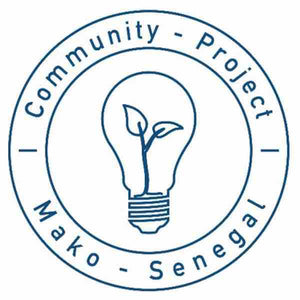
Project Mako
Incorporating real life problems in university students’ curriculum, to use their potential as a catalyst for development.
The Problem
Problems Development Aid: The Marshall-Plan was a success in rebuilding Europe after World War II. Applying the same concept to developing countries, specifically in sub-Saharan Africa has over the second half of the 20th Century proven to be unsuccessful in creating progress and innovation in the region; it became clear that if we want to promote development we have to change and adjust strategies of development politics.
Students’ Motivation: With new media and 24/7 connectivity it has become increasingly difficult for university students to focus on their academic work; in the short, there seems often to be little difference for many between doing their assignments themselves or simply rewriting a Wikipedia article or copying results from a classmate. There is very little emotional attachment to the content student’s study and little motivation to work on fictive problems. At the same time, many students have the perception that they lack the time to engage in socially beneficial extracurricular activities, or are simply not motivated to do so.
The Solution
We came up with the idea of connecting both: moderating and facilitating dialogue in local communities in developing countries to create community initiatives; these community initiatives know best what the community needs, but due to illiteracy and very limited access to resources they often lack the expertise or knowledge to execute or scale their ideas.
University students on the other hand, especially in their final year of their bachelor or master studies, are tired of working on fictional problems and often underestimate their abilities. The idea is to establish a link between the people working in a community initiative and university professors that lead courses in fields of studies that are related to the area addressed by the community initiative. The university professors are briefed and plan a seminar course with a class that evolves around components of the project. The class gets introduced by the professor to the issue and the content is contextualized, community representatives can also get in touch with the students via video conferencing. The students follow the course as per usual, with one key difference: their assignments are related to the project and can move the community and project the project closer to its goal. Multiple students/groups of students work on the same assignments and are traditionally graded by their professor, but the final products of the assignments are then given up for a vote by the people involved in the community initiative and the best draft is implemented.
Stage of Development
- Early Stage
- Established Prototype
- Scaling
- Other
Organization to Receive Funds
Project Mako. Successfully executed this project will demonstrate new characteristics and capabilities of traditional building materials and train local masons in using local natural resources for constructing contemporary and effective buildings in the area. Furthermore, the project will create mutual cross cultural understanding between the local community in Senegal and university students in Germany. The experience will allow students to apply their studied content to this practical exercise and have a significant impact with their academic work.



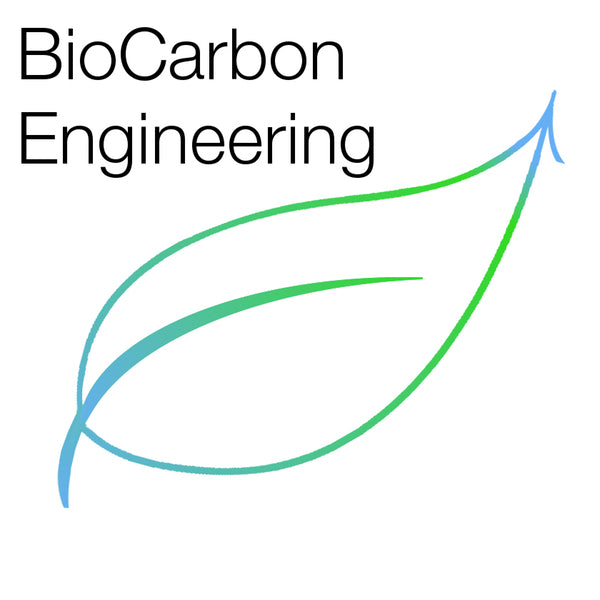
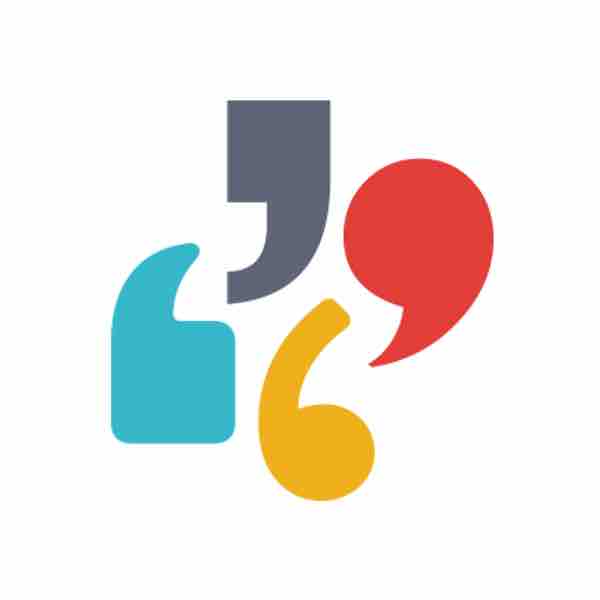
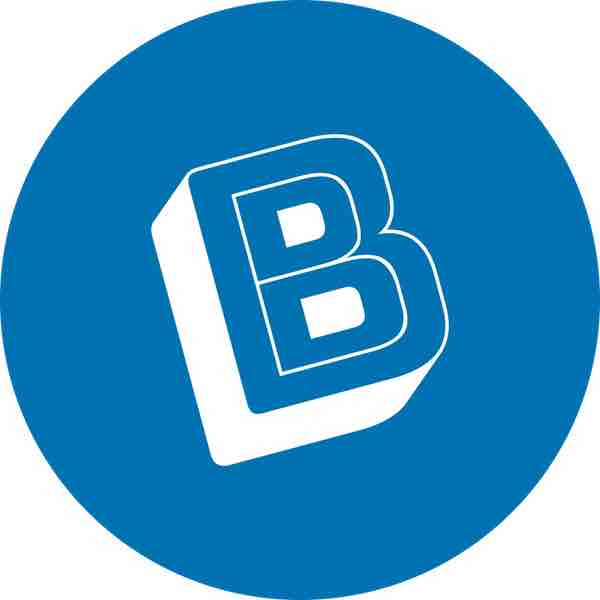
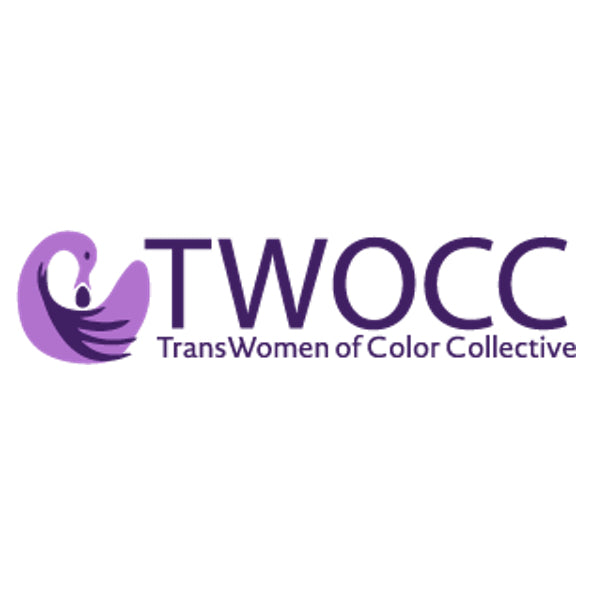
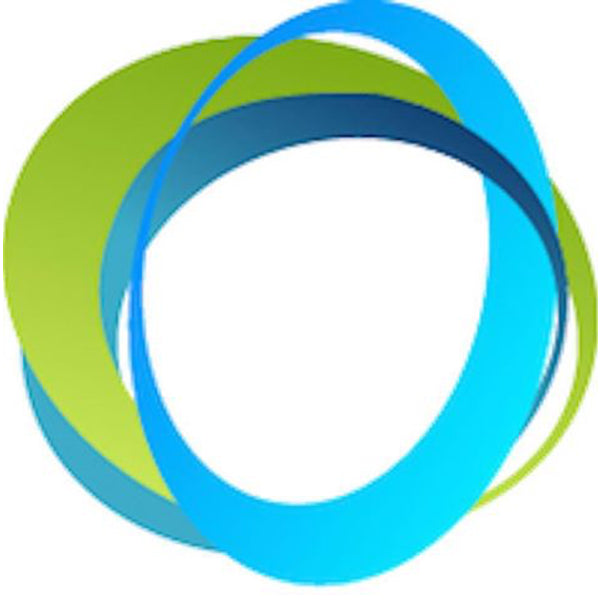
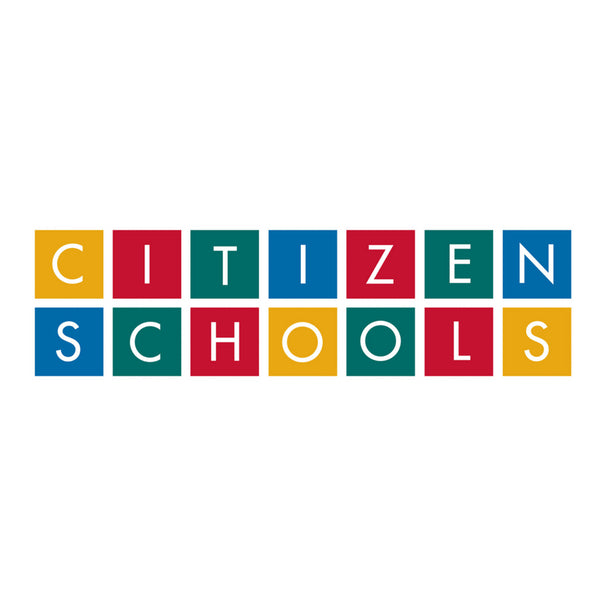
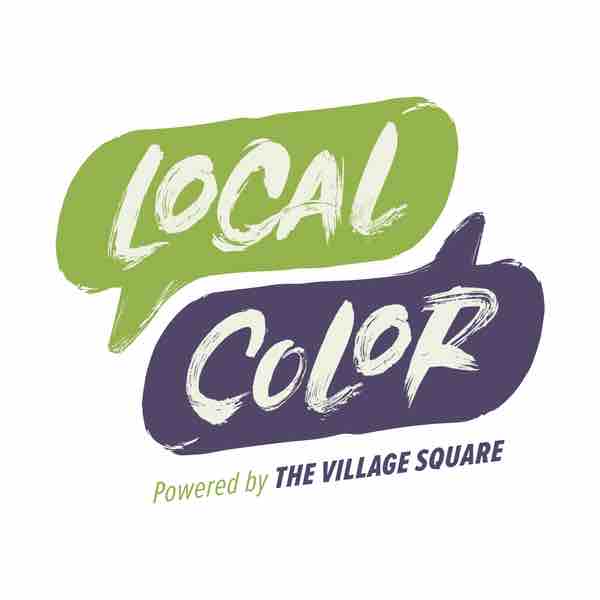
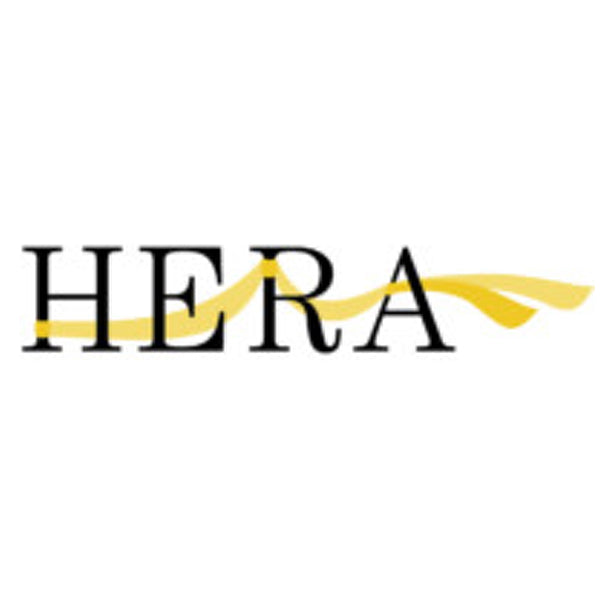
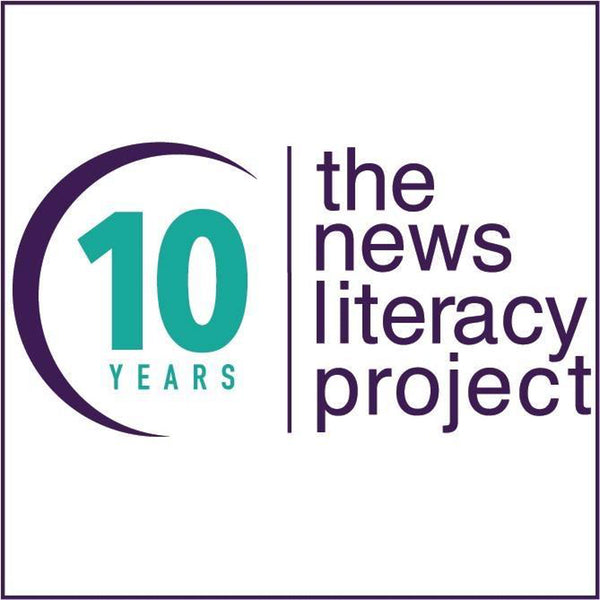
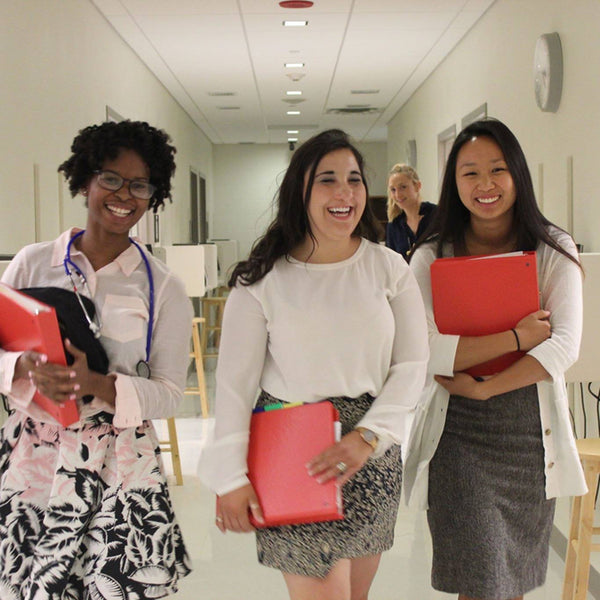
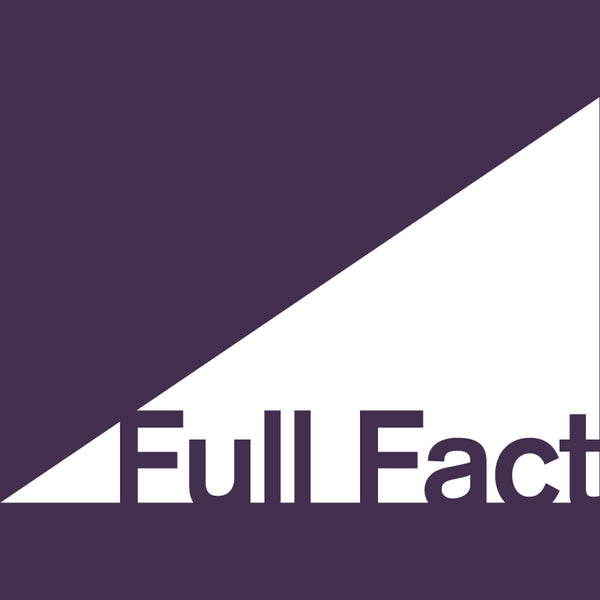
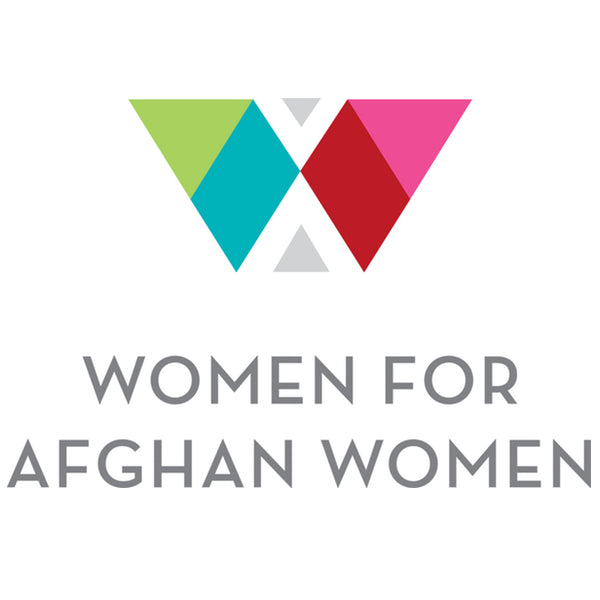
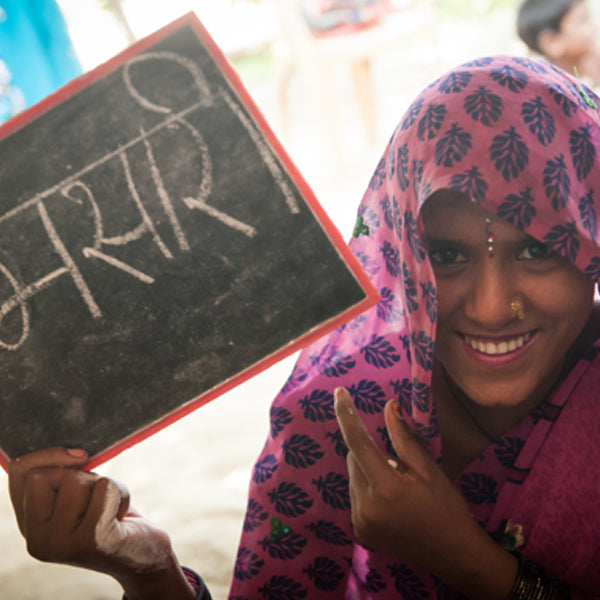
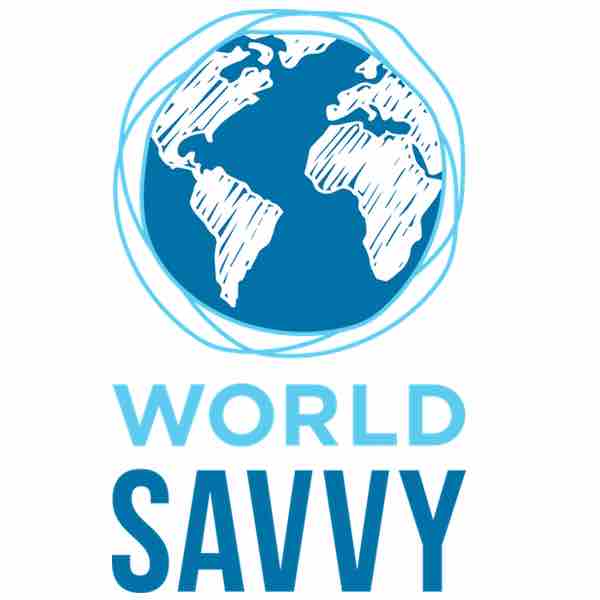
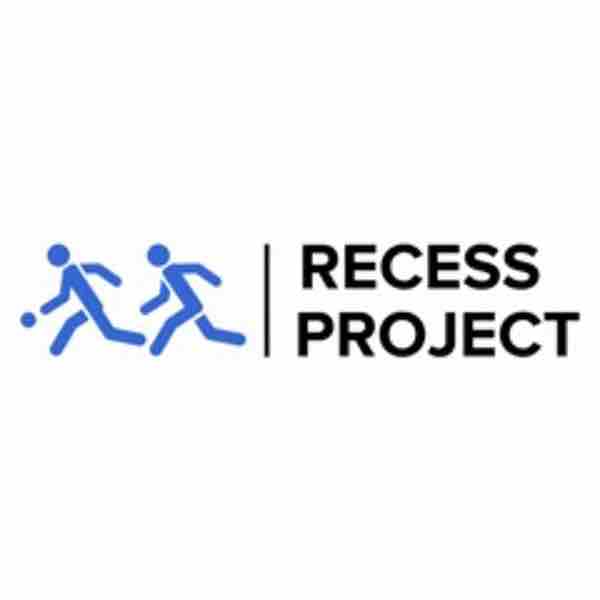
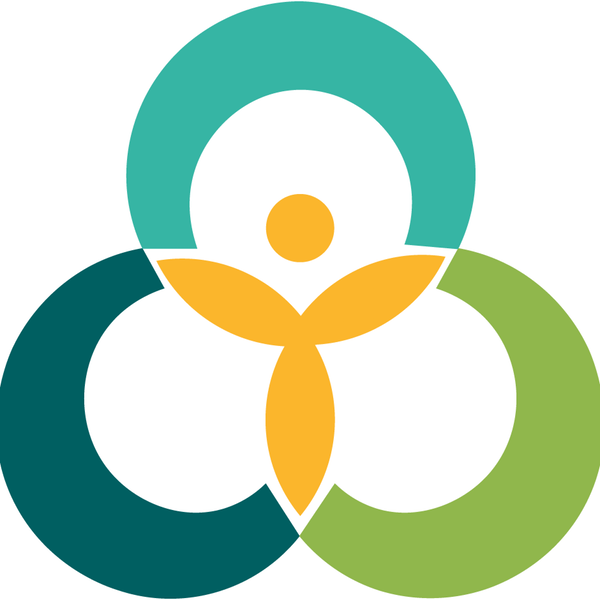
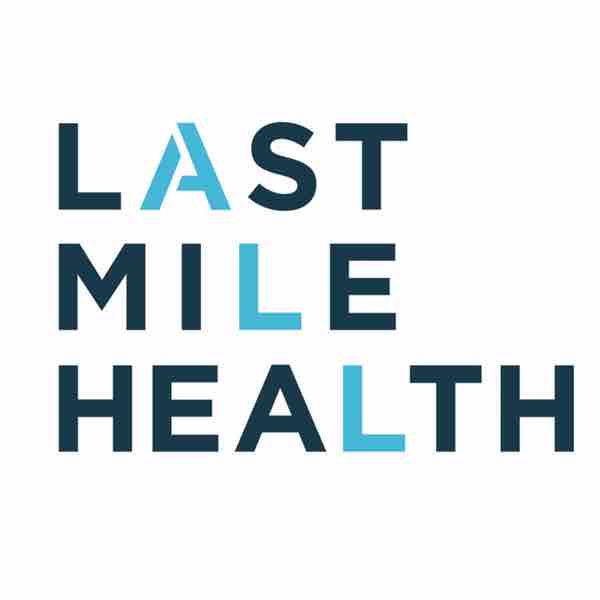

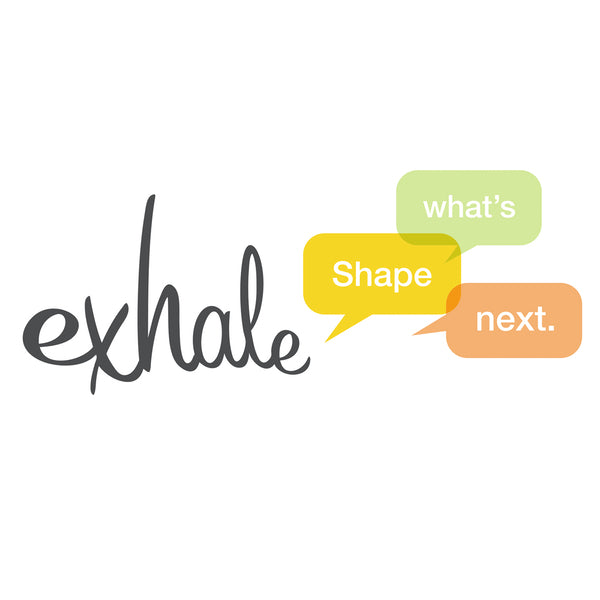
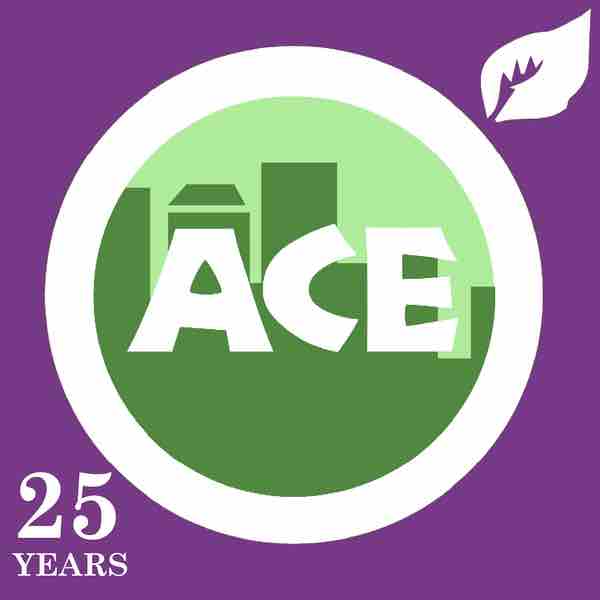
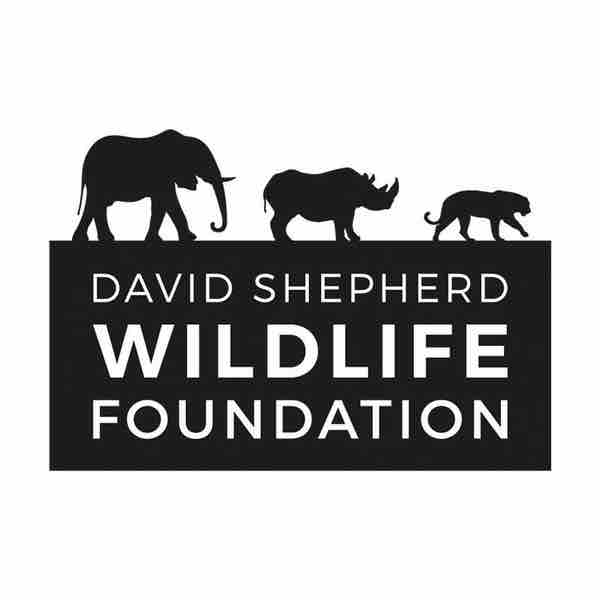
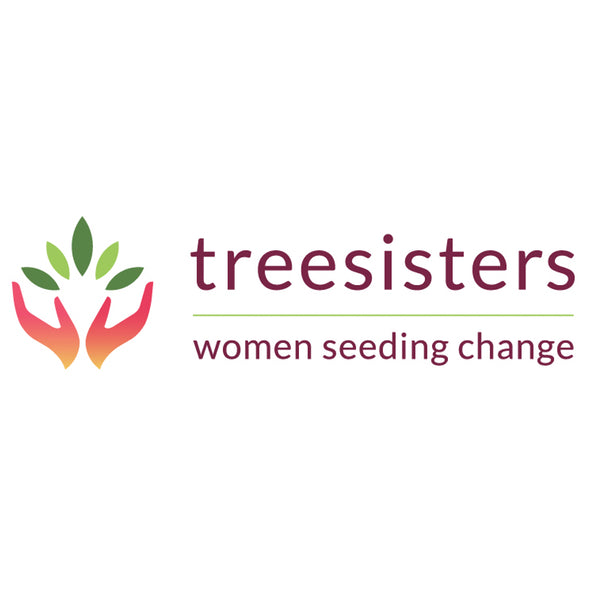
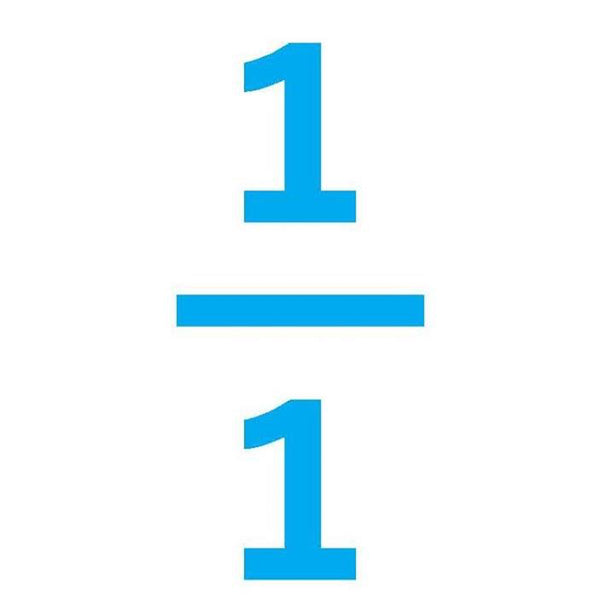
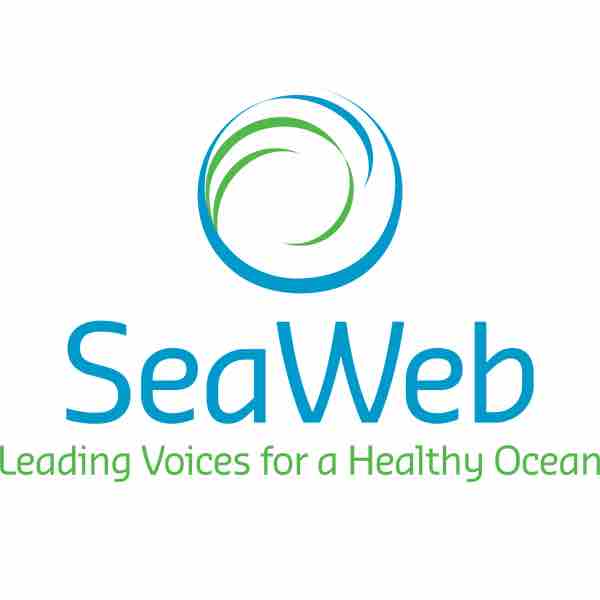
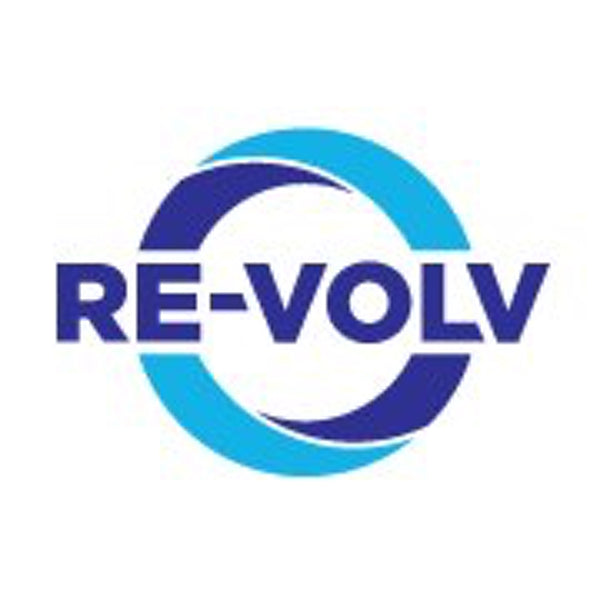
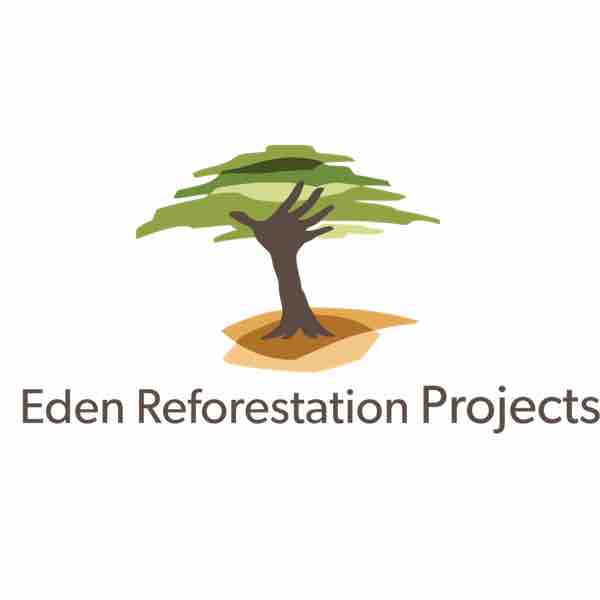

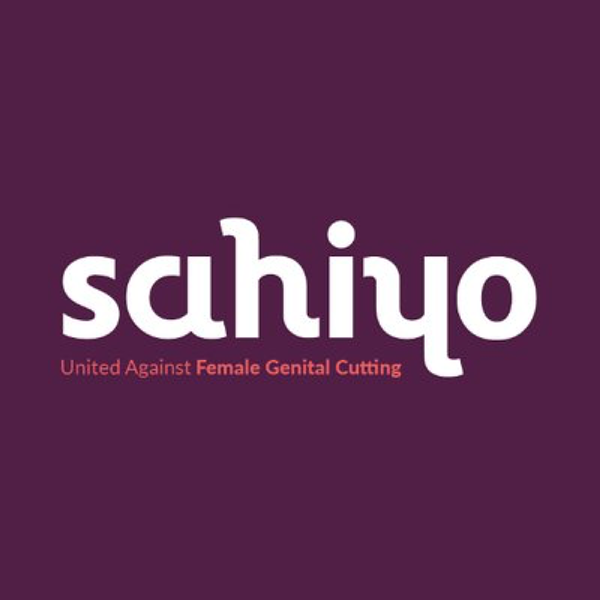
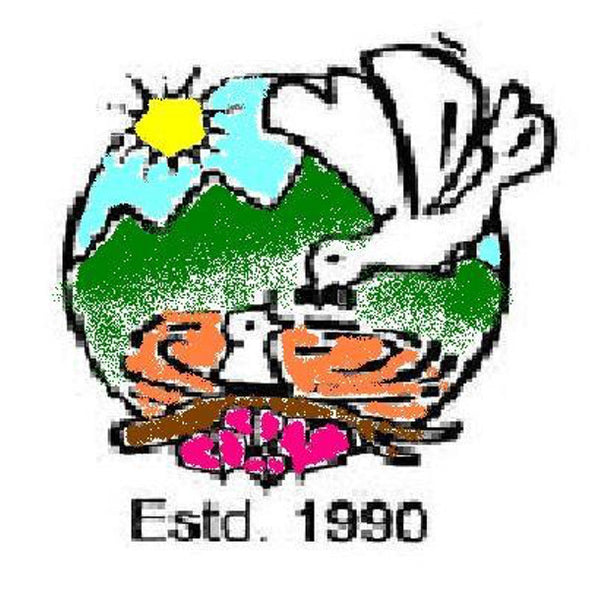
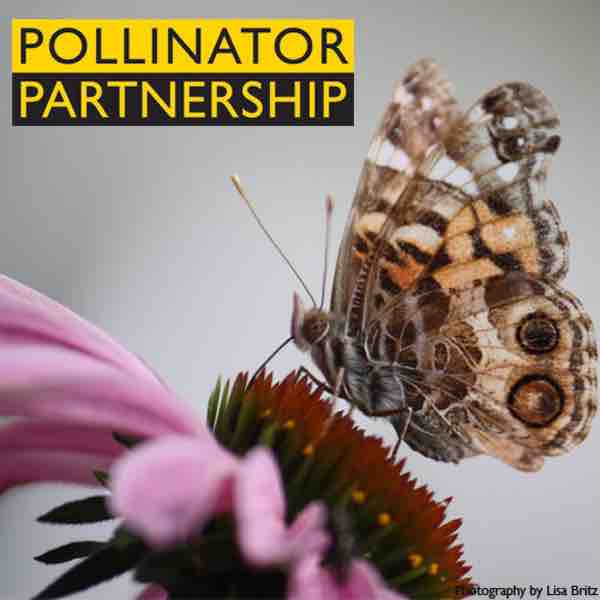
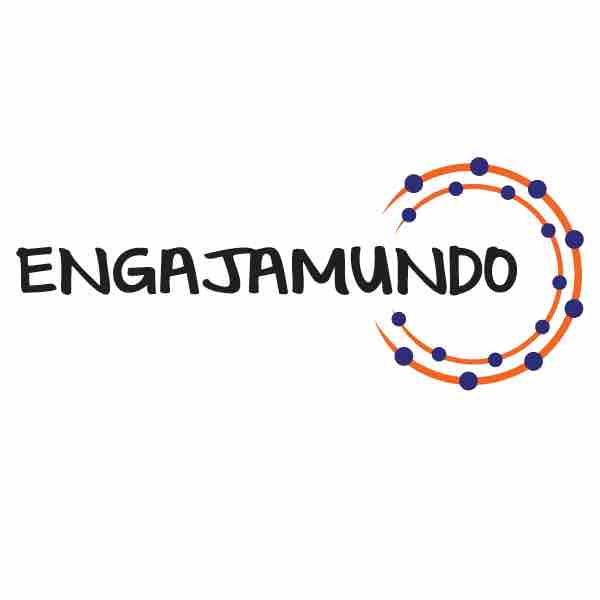
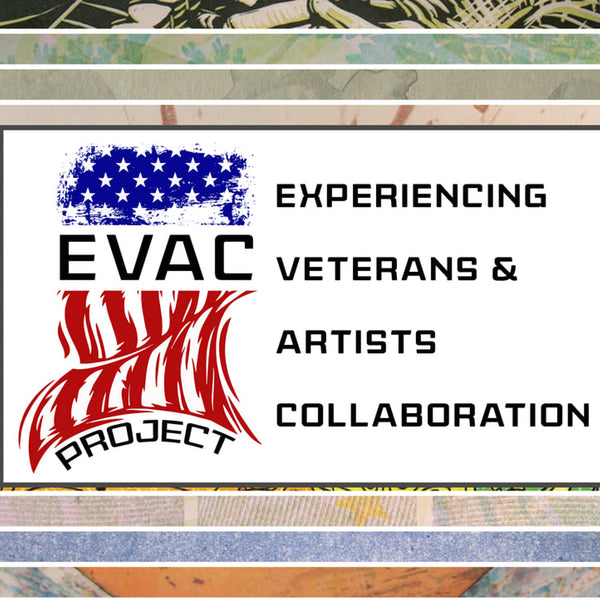
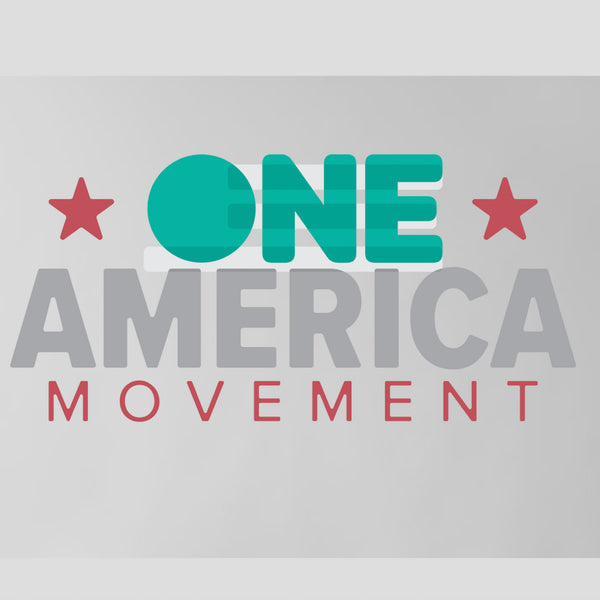
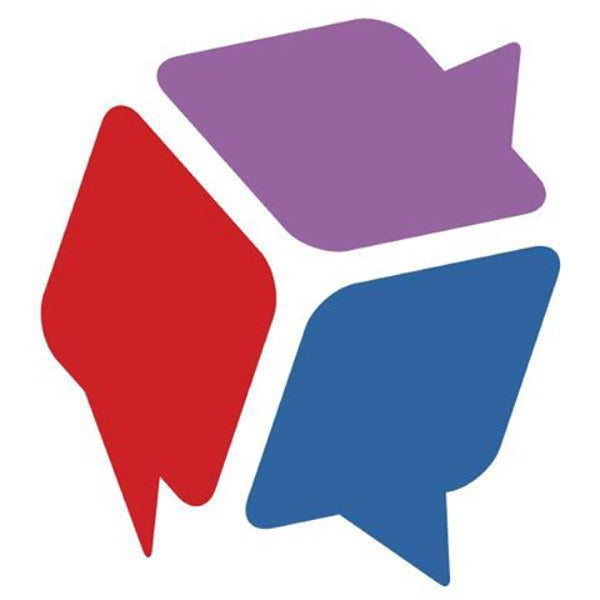
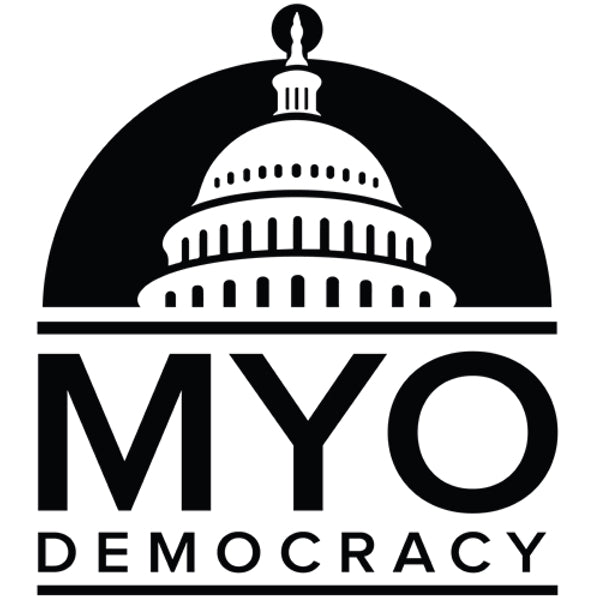
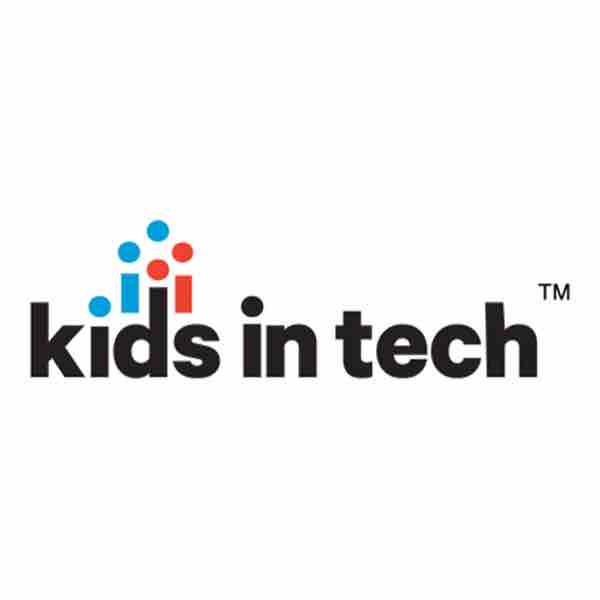
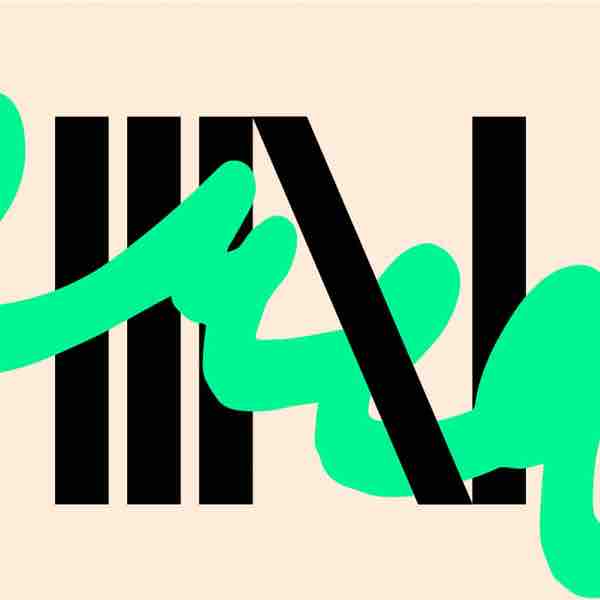

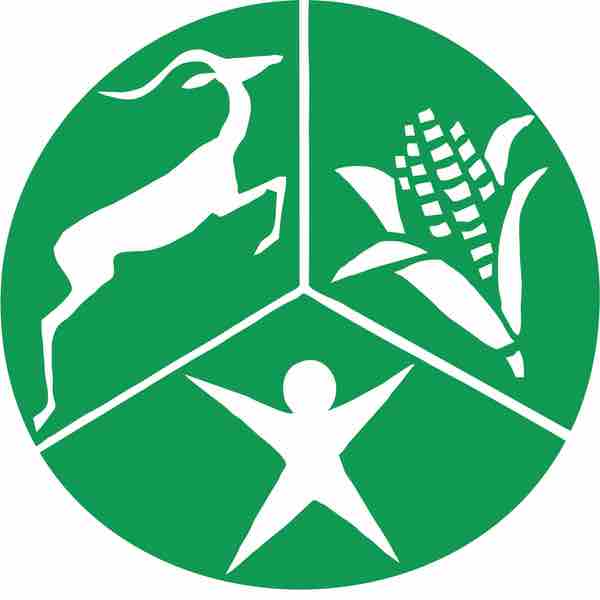
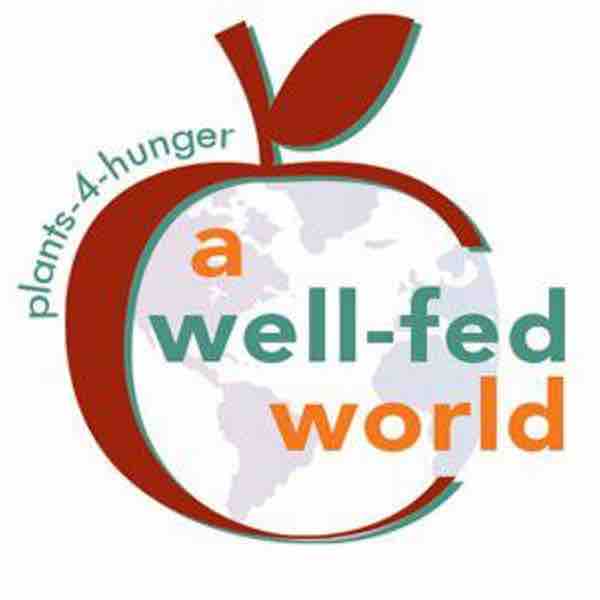
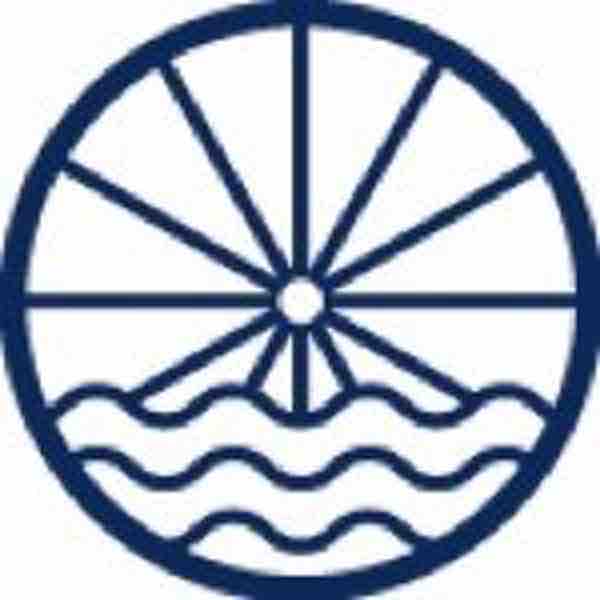
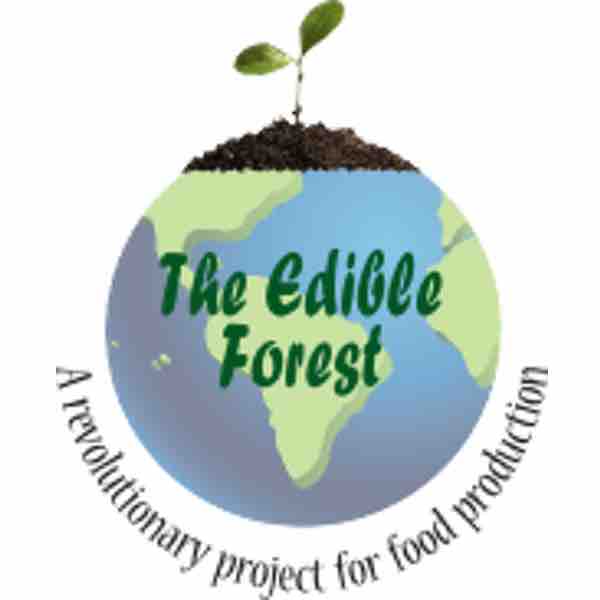
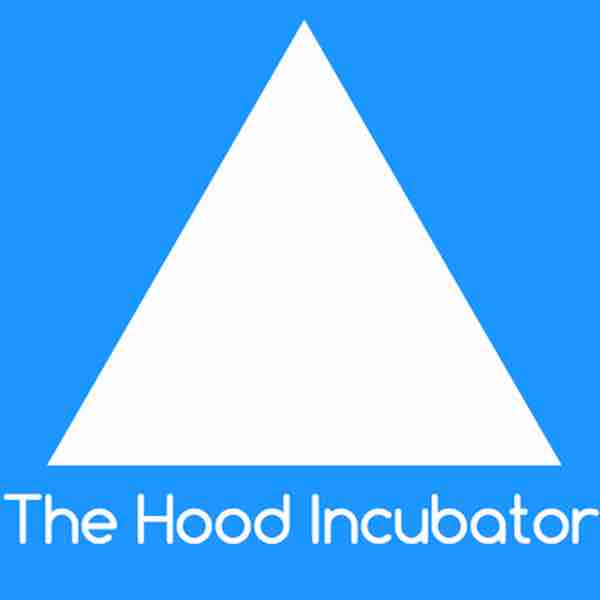
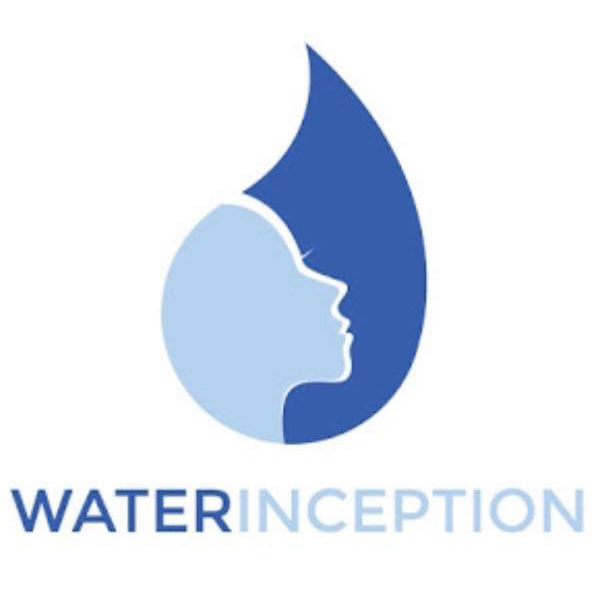

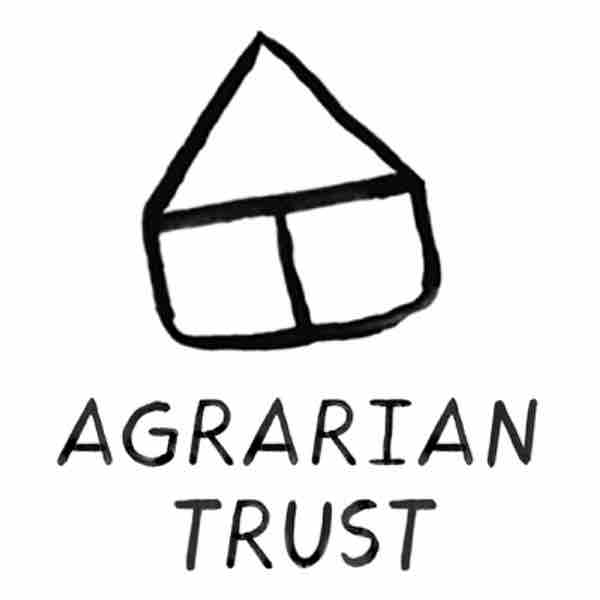
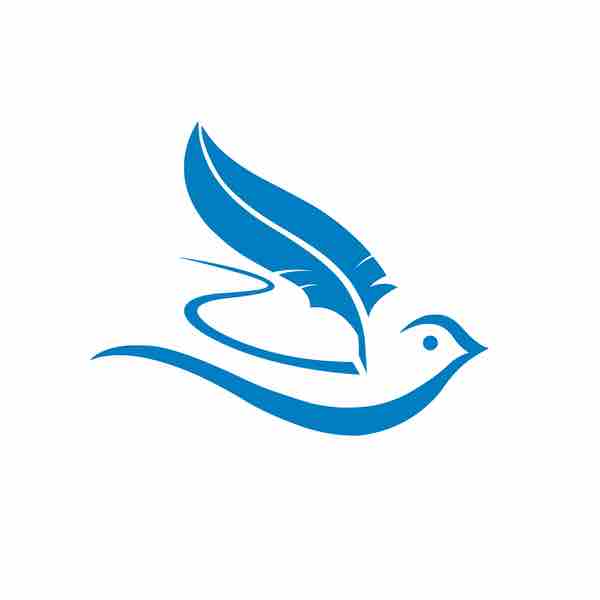
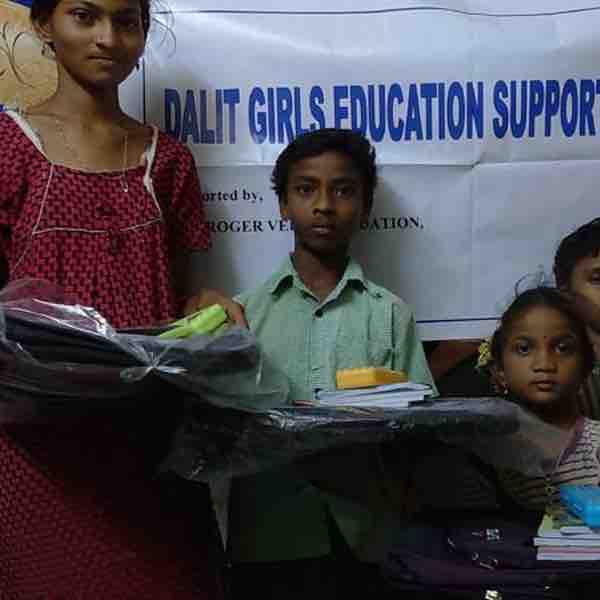
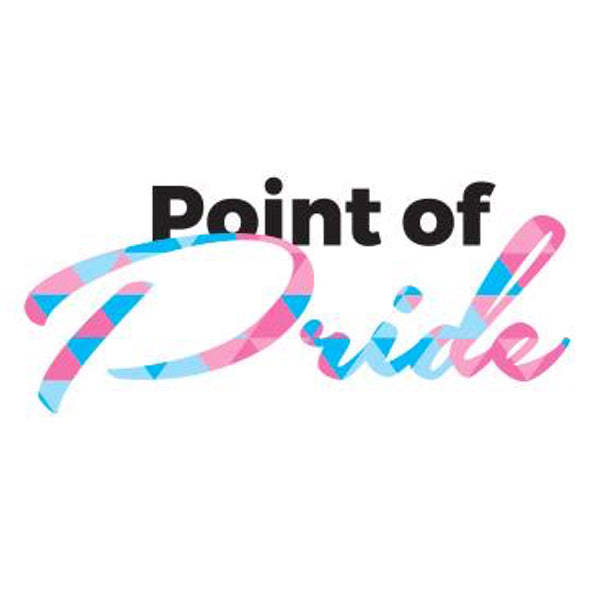
Join The Discussion